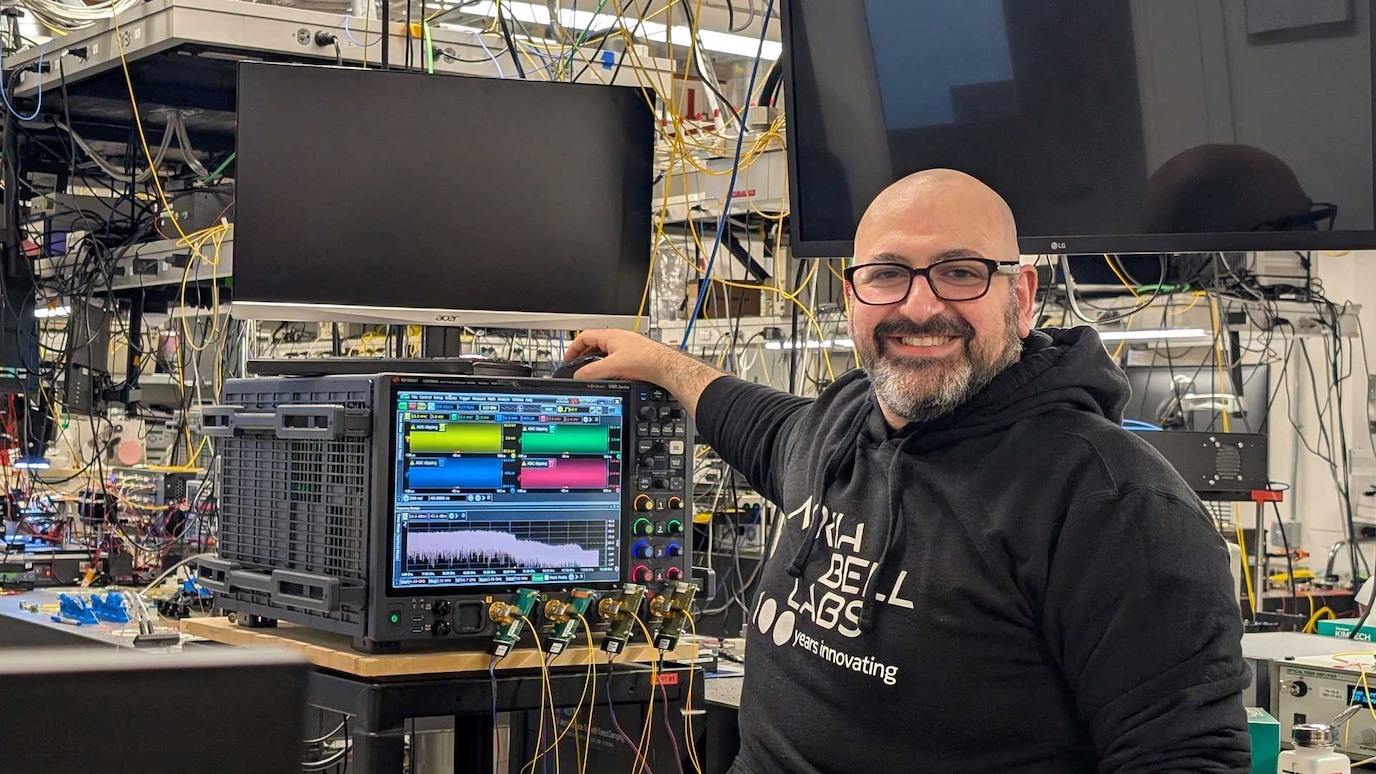Objectives
To enable ad hoc and trustworthy collaborations & transactions between entities that have not established trust a-priori, we need to re-think the design of data and compute. We need to advance Web3 and Privacy-Enhancing Technologies to build more scalable trustworthy & verifiable compute and data fabrics.
We need to create E2E trust in a trustless environment by making privacy-preserving transactions mathematically verifiable, enabling parties to collaborate without requiring prior contractual relationships. For this we aim to progress the applicability of Zero-Knowledge-Proofs by looking at them as a systems-challenge. How can we make proof construction faster, more scalable, and yet privacy-aware?
Our research
We are working on multiple projects to create practical Zero-Knowledge Proof (ZKP) systems:
- Distributed proof construction
- Delegated proof construction
- Hardware acceleration
We create scalable software stacks for privacy-preserving - yet verifiable - collaboration in trustless environments that minimize the lead-time to transact. We do this for Industry 4.0 eco-systems and private wireless networks.
Applications
Zero-Knowledge-Proofs have become a foundational technology for scaling blockchains (via ZK-rollups) and for enabling private blockchain transactions. ZKPs are also being used for enabling transparency in automated decision-making systems (e.g., via ZK-Machine learning), fighting disinformation via provenance tracking, proving the existence of software vulnerabilities, enabling privacy-preserving analytics, etc.
Future research
Current Zero-Knowledge Proofs (ZKP) techniques need to go down 1000X in overhead, and the complexity and fragility of ZKP tools needs to go down drastically in order for ZKPs to extend their applicability. Once practical and flexible ZKP systems emerge, we anticipate this will trigger a wave of innovations in trustless environments.























